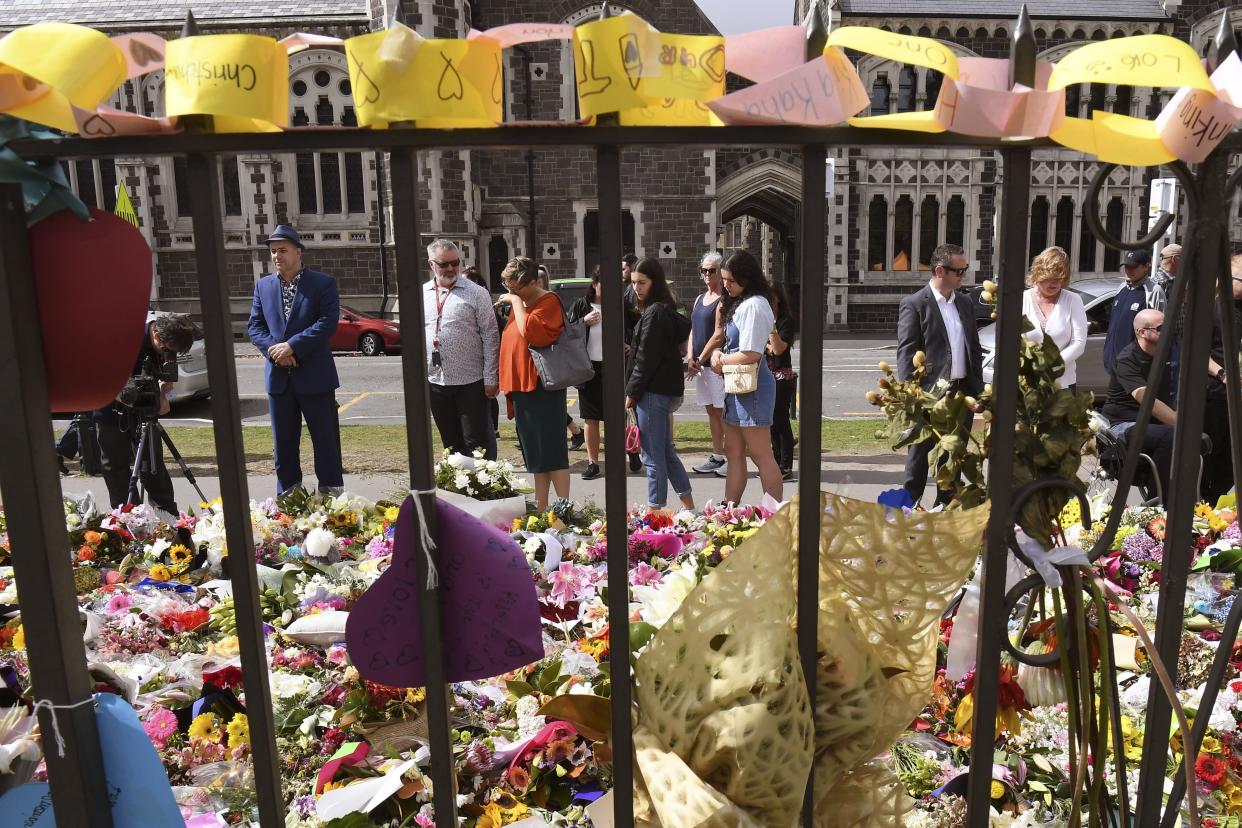Both sides of gun ownership debate critical of Liberals' action

Semi-automatic rifles will be included in an upcoming review of possible gun bans in Canada. The move by Border Security and Organized Crime Reduction Minister Bill Blair, comes as a direct result of last week’s attack on a mosque in Christchurch, New Zealand, where a gunman used the firearm to kill 50 people. The government in that country was swift to ban the ownership of semi-automatic rifles in that country, coming to the agreement just three days after the tragic incident.
“There is no option that we will not consider,” Blair was quoted as saying on Tuesday, when asked about a review of military-style rifles following the attack. “I am prepared to examine every measure and to discuss with my prime minister and the cabinet and our government on any measure that can be effective in keeping Canadians safe.”
Here in Canada, members on both sides of the gun ownership debate feel the government is going about things in the wrong way when it comes to curbing gun violence.
Blair Hagen, executive vice-president of National Firearms Association, says the current laws target people who are law abiding, and do nothing to stop someone who’s determined to get a firearm.
“They’ll get them legally, they’ll get them illegally, if there’s no legal mean to it,” he told Yahoo Canada. “The demand is still going to be there, and that’s still going to be fulfilled. Attacking the rights and property to law-abiding people is not the answer to this.”
Hagen describes the system as “arbitrary,” focused largely on firearm licenses that have expired, which is considered a criminal offence and will result in an investigation and seizure of the license-carrier’s property.
“The entire system is focused on that and it’s not focused on ways and means of preventing people who should not get firearms, from getting them,” he says. “It’s entirely upfront on people who are law abiding and compliant.”
In order to tackle the issue of gun violence, a firearms act has to be written, says Hagen. This will take the emphasis off people who are law abiding, and comply with a reasonable system.
“Those resources have to be used instead to target the criminal misuse of firearms,” he says. “A lot of those resources could be used for background checks, because as it stands now, the background checks are only directed towards people who are currently involved in that system. They’re onerous and confiscatory towards people who are law-abiding to the system.”
Canadians who legally own guns will be watching when Bill C 71, which intends to amend certain acts and regulations in relation to firearms, goes before the Senate this spring.
“This will attack firearms owners and their property,” says Hagen. “And we’re going to remember that come election day.”
Waiting for a consensus?
For Louis March, founder of Toronto-based Zero Gun Violence Movement, the gun laws in Canada are reactive, circumstantial and not ahead of the curve. He’s concerned that we’re reacting to what’s going on in other countries, when we have our own problems in Canada that aren’t being addressed.
“The access to guns, the brazen nature of the shootings, the total disregard for life has changed dramatically these days,” he says. “We have to review and assess what’s really going on. When we see the shooting in the States or New Zealand, then we start running around to see what we can be doing or should be doing. That’s not going to help us.”
March says Blair’s review of the system has been slow-moving, and wonders if he’s stalling to come up with a plan in order to appease all sides.
“The pro-gun lobby people are already threatening them, saying anything to further regulate guns is going to be political suicide to them,” he says. “They’ve been stick-handling around trying to find some common ground while we’re seeing a record number of shootings in Toronto last year. We’re not seeing that definitive action that we’re seeing in New Zealand. That’s concerning.”
Without political leadership, will and hard decisions that will offend some people, nothing is going to happen, says March.
“No one wants to take the lead in bringing the stakeholders to the table to get a clear picture of what’s going on what and what can be done to prevent and avoid these types of situations,” he says. “Everyone’s working in their silos. Everyone has self-serving interests. We don’t have that collective impact or strategy that speaks to a clear understanding of what’s going on.”
Making changes to the system, March says, should start by addressing the issue of straw purchases - where one person without a license pays someone else with a license to buy multiple guns on their behalf.
“We need to do a better attempt at identifying what’s going on here,” he says. “If someone’s buying five or 10 guns, there has to be a reassessment to insure that these are for legitimate purchases. You can do that without oversight.”
The focus of Zero Gun Violence Movement is the banning of poverty, instead of the banning of guns. March explains that the socioeconomic positions in certain communities in Toronto, for example, bet on violence as a means of survival. And when violence becomes a means of survival, people will get guns.
“Our intention is to close that gap so there’s no need for people to use violence as a means of survival,” he says. “When people are saying it’s easier for them to get guns than it is to get jobs, we have a problem. That’s where all focus has been.”


